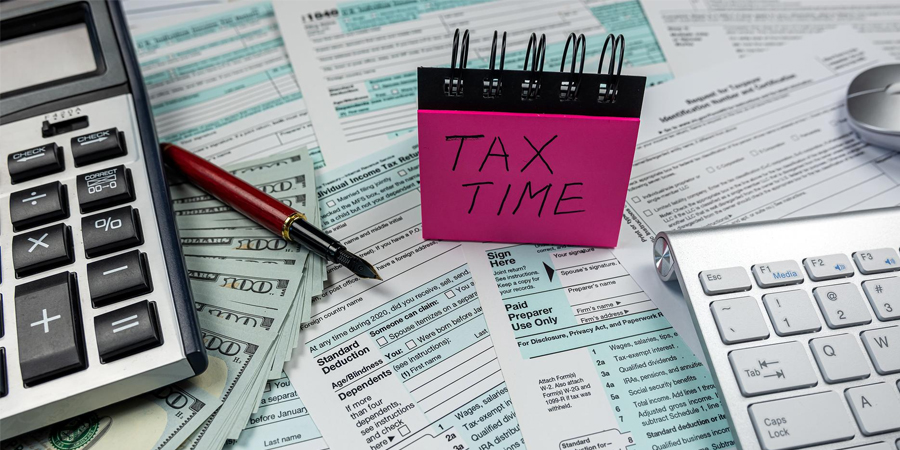Finding the right professional to handle your taxes can be as crucial as filing them correctly. With numerous options available, from Certified Public Accountants (CPAs) to Enrolled Agents (EAs) and Tax Attorneys, it’s vital to choose someone who not only meets your needs but also provides peace of mind that your financial matters are in competent hands. Here’s how to ensure you make the best choice for your tax preparation needs.
Understanding the Different Types of Tax Preparers
Not all tax preparers are created equal. CPAs, EAs, and Tax Attorneys offer varying levels of expertise and specialization. CPAs are known for their knowledge in accounting and financial planning, making them ideal for complex tax situations. EAs are experts in tax regulations and are the only tax preparers who receive their certification from the IRS, making them well-suited for handling audits. Tax Attorneys specialize in tax law and are best for legal tax issues.
Qualifications to Look For
When choosing a tax preparer, ensure they have the proper credentials. All preparers should have a Preparer Tax Identification Number (PTIN) issued by the IRS, which is a basic requirement for anyone who prepares federal tax returns for compensation. Beyond this, look for certifications, education, and professional memberships, such as being a member of the American Institute of Certified Public Accountants (AICPA) or the National Association of Enrolled Agents (NAEA).
Essential Questions to Ask
Before hiring a tax preparer, schedule a consultation to ask several key questions:
- What are your qualifications and experience?
- How do you keep up with changes in tax law?
- What are your fees, and how are they determined?
- Can you provide references from clients with similar tax situations to mine?
This conversation can provide insights into their expertise, working style, and whether they’re a good fit for your needs.
Red Flags to Avoid
Be wary of preparers who promise unusually high refunds or base their fees on a percentage of your refund, as these practices can be indicative of unscrupulous methods. Additionally, steer clear of anyone unwilling to sign your tax return or provide a copy for your records.
Conclusion
Choosing the right tax preparer is a decision that should not be taken lightly. By understanding the types of preparers available, knowing what qualifications to look for, asking the right questions, and being aware of red flags, you can find a professional who will not only maximize your tax outcomes but also provide valuable peace of mind.
Remember, the best tax preparer for you is one who not only has the expertise to handle your specific tax situation but also communicates clearly, charges fairly, and commits to being available to answer your questions throughout the year. Take the time to choose wisely, and your financial health will be all the better for it.
